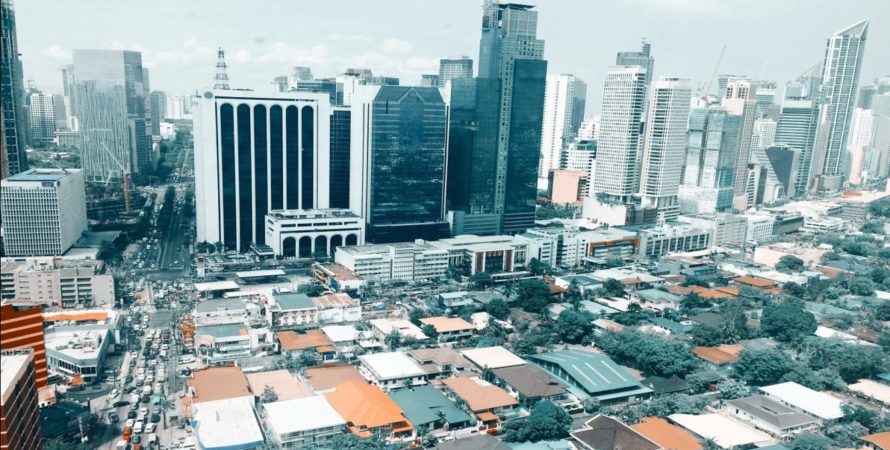The Philippines government recently amended a REIT law, passed a little over a decade ago, relaxing some of its limiting rules. There is a high possibility now that the Philippines Real Estate Investment Trusts (REITs) will be listed for the first time ever, in the Philippines market toward the end of this year.
Firms are expected to explore the REITs market once the law’s implemented policies are tweaked to become less daunting. The total worth of the market is expected to be somewhere around US$8 billion to US$9 billion. Ayala Land, one of the Philippines’ major developers, could potentially raise about US$500 million.
Even though the REIT law was passed in 2009, the implementation of REITs was delayed because of the unwillingness of the preceding government to grant tax benefits under the proposal to developers.
The launch of REITs has come at the most opportune of times, thanks to the optimistic property market, rising economy and the current government’s ambitious infrastructure plans. Real Estate Investment Trusts will give the developers new financial assets to develop and carry high value real estate ventures.
Trade analysts believe that although several Philippine developers can easily enlist a variety of traditional asset classes like retail, hotel and manufacturing properties, and even non-traditional ones like infrastructure, medical and education into a REIT, they will probably begin with office buildings. Since office lease rates increased 7 percent every year over the last five years, quicker than the average climb of 5.6 percent that retail leases saw in the same time period.
REITs involving retail property are expected to follow in the coming few years as developers will use REITs to revamp old shopping centers, draw more appealing leaseholders and maintain buyer traffic.
Also the fact that the Food and Beverage Industry holds 30 to 50 percent of the retail space in the Philippines, and Filipinos’ love for F&B continues to rise in spite of inflation reaching a high point in 2018. And the higher cash flow after the drop in personal income tax rates.
REIT stocks have outperformed non-REIT property stocks in Asia-Pacific for the last five years. The worth of Singapore REITs climbed 9.5 percent against the 1 percent rise of non-REITs, at the same time Hong Kong REITs rose 23 percent against the 6.1 percent rise of non-REITs.




Economic Crisis Lingers over Hong Kong as Anti-Extradition Movement Continues